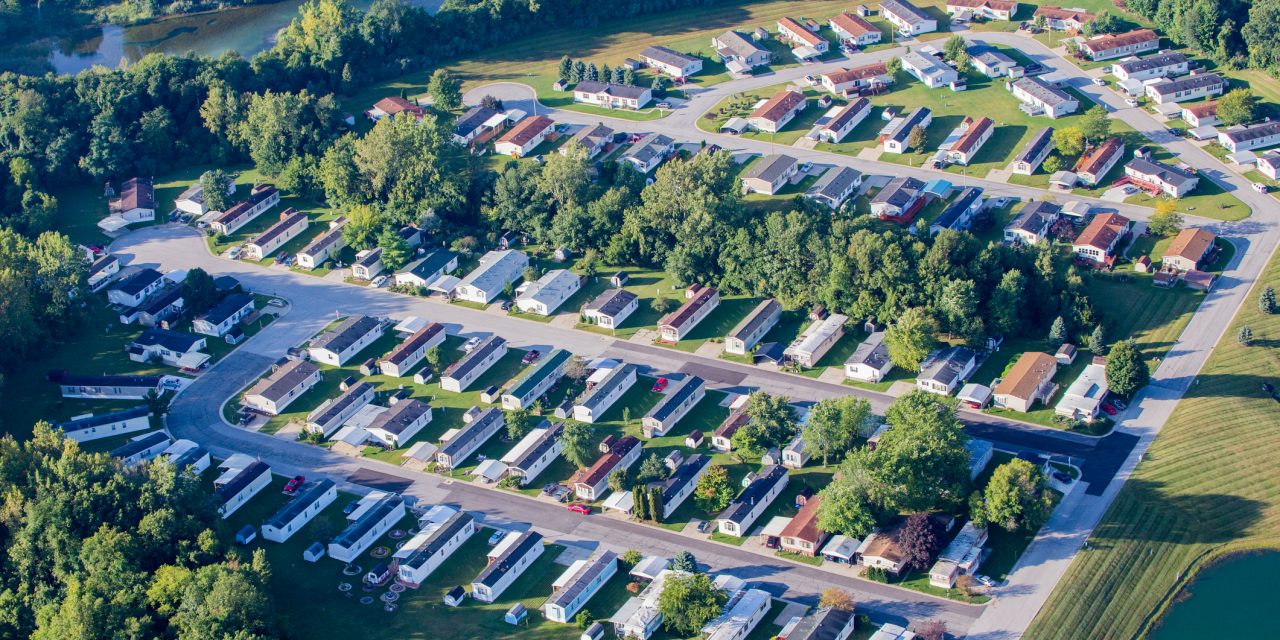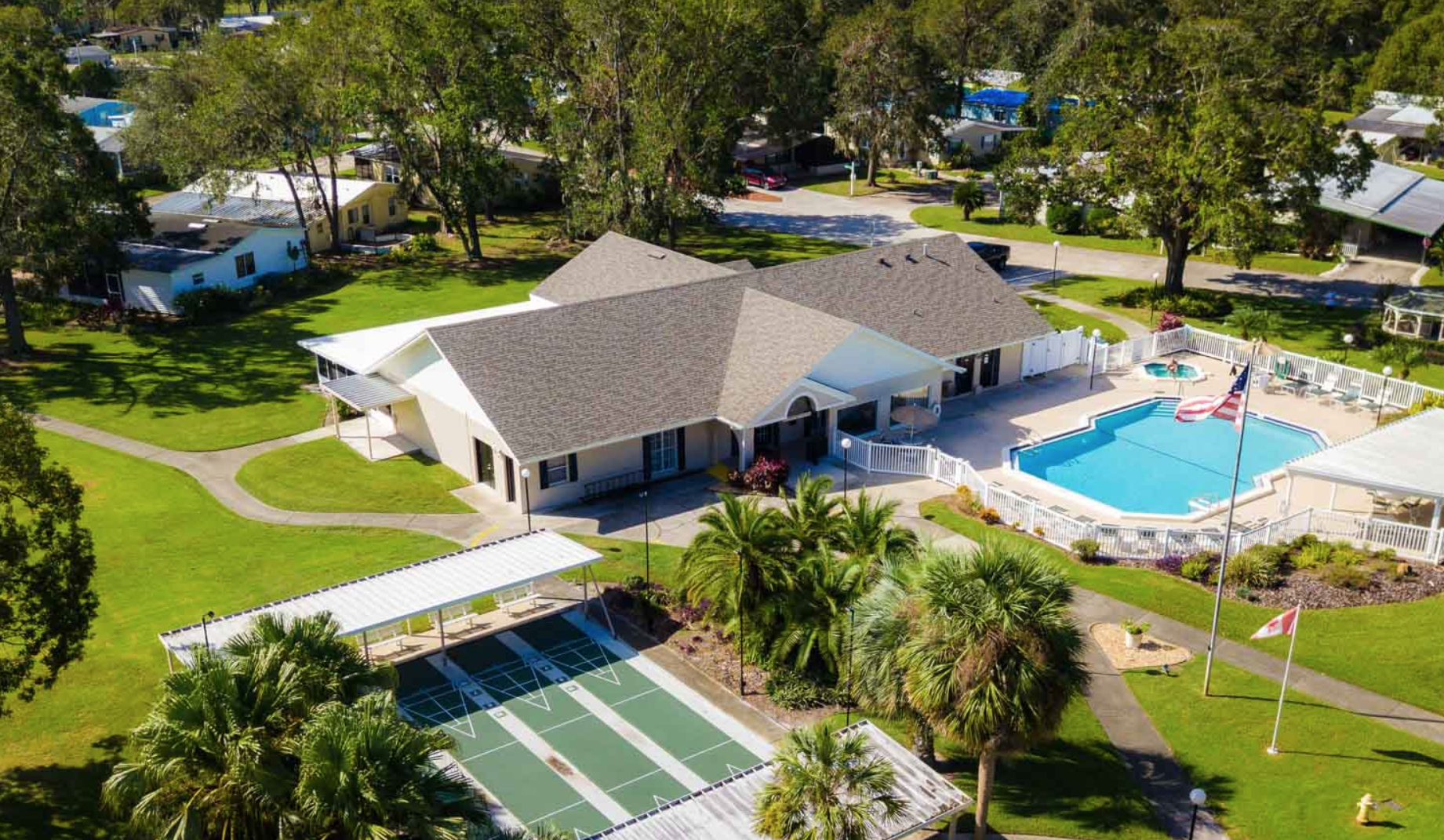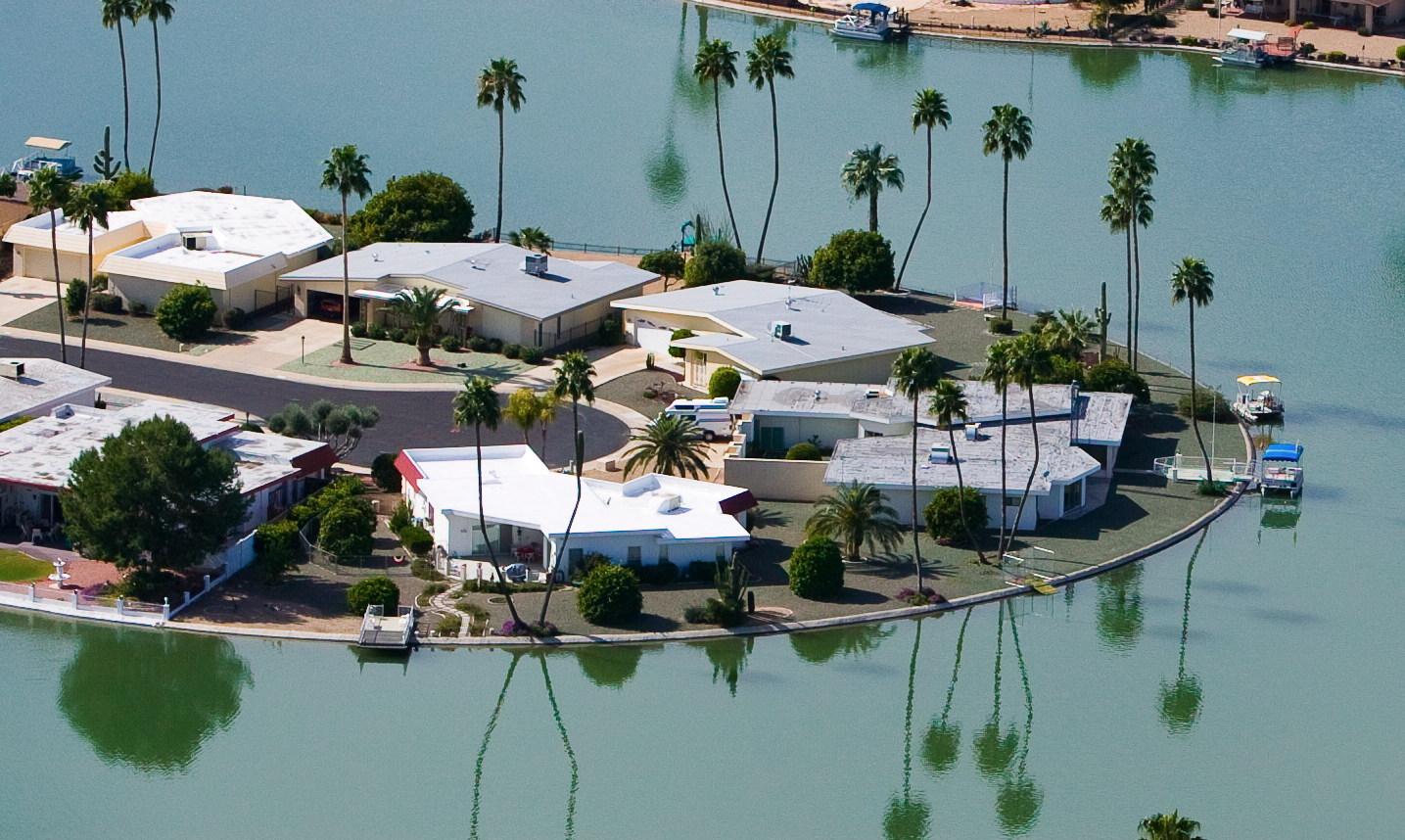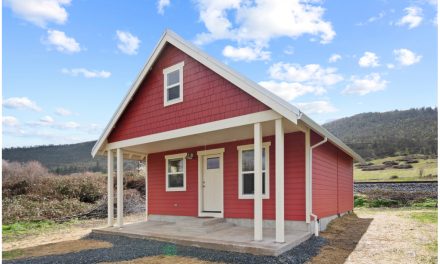How taking ownership and getting involved in your neighborhood can produce better a quality of life for years to come.
About one in 20 Americans live in a manufactured home. Most of these homes (often called “trailers” or “mobile homes”) are located in communities (“trailer parks” or “mobile home parks”). Often, a company owns the community. This means that even though you may own the home itself, the land under your home is owned by the park owner (land lease community). Additionally, decisions that affect the condition of the neighborhood are made by the park owner usually without input from the residents. In an ROC (resident-owned community) instead of paying lot rent to a park owner, this money is gathered collectively from all residents. In an ROC, the land is owned collectively by the homeowners, and the neighbors work together to make decisions on how and where to spend collective funds.
To collectivize in this way, the homeowners form a non-profit business called a cooperative. Then, each household is a member, owning an equal share of the land the neighborhood is on, and having decision-making power.
These days, it is easy to feel like many things are unpredictable. One of the most essential needs, and yet most unpredictable, is housing. If you own your manufactured home, but pay lot rent to a company, you are at risk of being displaced by suddenly rising rents, or unfair eviction. Finding a new lot can present big challenges: your mobile home may not be mobile at all, affordable lot rent may be hard to find in your region, and uprooting from a neighborhood can mean losing community and support.
Owning a share in the land under your neighborhood is a way to empower yourself and your neighbors to assure your home is safe. This way, your voice matters, and an investment in your home and well-being is an investment in that of your neighbors’.
In addition to providing security to homeowners in a precarious market, forming an ROC can also liberate homeowners to make choices about park rules, and decisions about maintenance and infrastructure. Roads, water, electric, waste removal, and landscaping, are all ways that the community is maintained. When any of these needs is neglected by the park owner, it can diminish quality of life for the residents. In an ROC, the community votes towards how to spend funds, and decides together what shared standards of maintenance will be.
Forming an ROC takes a commitment from a group of homeowners to pool their time and energy toward cooperative decision-making. This can be challenging, as differing opinions are inevitable, and many people are used to having no control over the governance of their communities. The journey, though, toward forming a healthy cooperative is invaluable to many: in addition to peace of mind about the security of their home, a member of a nROC is stepping up to make positive changes for themselves and their neighbors, improving the quality of life for all involved.






It would have been helpful to have a list of resident owned communities and where (cities/states) they exist.
Hi Jane,
We have such a tool. If you search by location (state, city + state) for communities, you can filter your results by “ROC” (resident-owned communities). Here’s an example search result for Massachusetts: https://www.mhbo.com/mobile_listings/maps?mapsLink=entityType%3D2%26isDealer%3Dfalse%26isMhrv%3D%26isResidentOwned%3Dtrue%26isTinyHouseCommunity%3D%26location%3DMassachusetts%20(state)%26maxPrice%3D%26minPrice%3D%26sellerTypeIds%3D1%26sellerTypeIds%3D4%26sellerTypeIds%3D2%26withPetFriendly%3D
Wouldn’t investing in the land on which you LIVE in your mobile home, be more likely to contribute to APPRECIATION of (or at least maintaining ) its value? Qualify that with the presumption that the ROC charter is sound and the residents generally satisfied.
Hi Ella,
Thank you for sharing your perspective on the potential benefits of investing in the land where we reside. Resident Owned Communities are indeed designed to address many of the concerns you’ve highlighted.
By collectively owning the land beneath their homes, residents have a direct stake in maintaining and enhancing the community. This shared ownership can foster a sense of responsibility among residents, leading to investments in infrastructure, maintenance, and community improvements that can improve property values over time.
While individual land ownership is also a valid approach, ROCs offer a collaborative model that allows residents to make collective decisions to address common challenges, prioritize community needs, and work together to create a thriving and resilient neighborhood.
Thank you for your perspective and contribution to this topic.